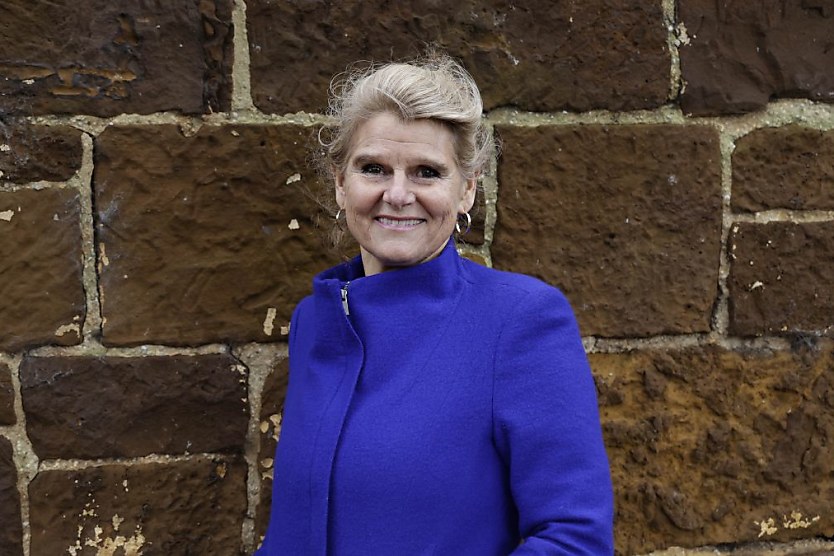Emotional resilience – a path to healthier workplaces
SHARE THIS ARTICLE

Those who understand the power of emotional resilience have a better chance of building a thriving work environment. Where collaboration with others is involved, these traits can help drive efficiency.
Teacher and educator, Dr Jane Foster, discussed these themes with HR Leader, noting how implementing simple techniques can create a healthy workplace. It starts with emotional and social intelligence.
“Being emotionally and socially intelligent is being aware of how you and others may be feeling, without judgement, and being able to regulate your emotional response to people and circumstances,” she said.
“The ER (emotional resilience) language helps build emotional and social intelligence by eliminating judgement and stigma, replacing good and bad emotions, people, and circumstances with smooth and rough roads. ‘I’m having a rough day,’ ‘You made a rough choice,’ or ‘They’re a rough client’ is far less judgmental than labelling everything as ‘bad’, making it easier to communicate to yourself and others how you are feeling.”
Negative emotions are bound to pop up at work. It’s almost expected. But learning how to navigate and deal with these issues is what sets the emotionally and socially intelligent apart from the rest.
Foster continued: “Recognising that experiencing rough emotions is not a failure but an opportunity to build resilience creates a safe environment for all emotional responses. Like building muscle, the more you identify what road you and others are on (awareness) and whether or not you or they are in control (regulation), the more emotionally and socially intelligent you’ll become.”
Emotional resilience is the culmination of emotional and social intelligence – a trait Foster says is essential in the modern workforce.
“People with emotional resilience tend to be more productive, handle challenges effectively, exhibit better interpersonal skills, maintain control, avoid burnout, approach problems objectively, and take responsibility for their reactions to people and circumstances. Individuals can feel more empowered, confident, and fulfilled by understanding how to control their response to life’s challenges,” explained Foster.
“Regaining control is not just beneficial; it's essential for fostering productive discussions and preserving emotional well-being. By communicating with control, individuals can navigate challenging situations more effectively, ensuring that emotions do not derail productivity and affect the team dynamic.”
Some may argue that emotions should be left out of the workplace. Foster disagrees and believes emotions should be embraced.
“ER creates a common language used at work and home, eliminating the need to suppress emotions upon entering the workplace. It teaches individuals to identify, control, and express themselves in an objective, safe and dignified manner, building an environment of trust that fosters strong relationships and improves productivity.”
Where ER is at its most helpful is during challenging times. Another component of a healthy workplace that can pull teams through hardship is communication. Being able to effectively communicate is a necessity in business, and difficult conversations are a tricky, yet necessary part of this communication.
Foster explained: “The key to overcoming difficult situations is being able to regain/maintain control of your emotional response, influencing how you communicate with others. When anyone is out of control, the brain’s amygdala is triggered, activating the fight, flight or freeze response.”
She concluded: “Simultaneously, this activation suppresses the prefrontal cortex, responsible for rational thought and creative problem-solving. Consequently, individuals cannot communicate clearly or respond constructively to situations when out of control. In such scenarios, productive dialogue becomes nearly impossible until individuals regain control and re-engage their prefrontal cortex. By doing this, they mitigate the risk of continued emotional outbursts and irrational thinking, which may harm themselves, others, or the situation.”
Jack Campbell
Jack is the editor at HR Leader.

